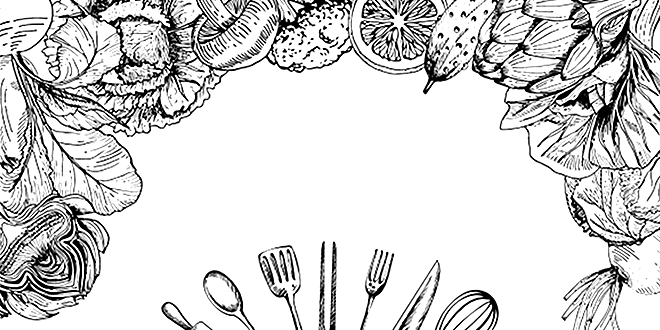Question: Compare the use of manure and fertilizers in maintaining soil fertility.
Answer: Effects of using manures on soil quality:
- The manures enrich the soil with nutrients.
- They provide a lot of organic matter (humus) to the soil and thus restores water retention capacity of sandy soils and drainage in clayey soil.
- The addition of manures reduces soil erosion.
- They provide food for soil organisms, like soil friendly bacteria.
Effects of using fertilizers on soil quality:
- By the continuous use of fertilizers, the soil becomes powdery, dry and rate of soil erosion increases.
- By the use of fertilizers, the organic matter decreases which further decreases the porosity of soil and the plant roots do not get oxygen properly,
- The nature of soil changes to acidic or basic.
Question: Which of the following conditions will give the most benefits? Why?
(1) Farmers use high-quality seeds, do not adopt irrigation or use fertilisers.
(2) Farmers use ordinary seeds, adopt irrigation and use fertiliser.
(3) Farmers use quality seeds, adopt irrigation, use fertiliser and use crop protection measures.
Answer: In this, (3) Farmers use quality seeds, adopt irrigation, use fertiliser and use crop protection measures.
Use of any quality seeds is not sufficient until they are properly irrigated, enriched with fertilisers and protected from biotic factors. Hence, option (3) will give the most benefits.
Question: Why should preventive measures and biological control methods be preferred for protecting crops?
Answer: Diseases in plants are caused by pathogens. To get rid of pathogens, some preventive measures and biological control methods are used as they are simple, economic and minimise pollution without affecting the soil quality.
Question: What factors may be responsible for losses of grains during storage?
Answer: The factors responsible for losses of grains during storage are:
- Abiotic factors like moisture (present in food grains), humidity (of air) and temperature.
- Biotic factors like insects, rodents, birds, mites, bacteria and fungi.
Question: Which method is commonly used for improving cattle breeds and why ?
Answer: Cross breeding is a process in which indigenous varieties of cattle are crossed by exotic breeds to get a breed which is high yielding. During cross breeding, the desired characters are taken into consideration. The offspring should be high yielding, should have early maturity and should be resistant to climatic conditions.
Question: Discuss the implications of the following statement:
“It is interesting to note that poultry is India’s most efficient converter of low fibre food stuff (which is unfit for human consumption) into highly nutritious animal protein food”.
Answer: The basic aim of poultry farming is to raise domestic fowl for egg production and chicken meat. These poultry birds are not only the efficient converters of agricultural by-products, particularly cheaper fibrous wastes (which is unfit for human consumption but can be formulated into cheaper diets for poultry birds) into high quality meat and also help in providing egg, feathers and nutrient rich manure. For this reasons, it is said that, “poultry is India’s most efficient converter of low fibre food stuff into highly nutritious animal protein food”.
 Class Notes NCERT Solutions for CBSE Students
Class Notes NCERT Solutions for CBSE Students



